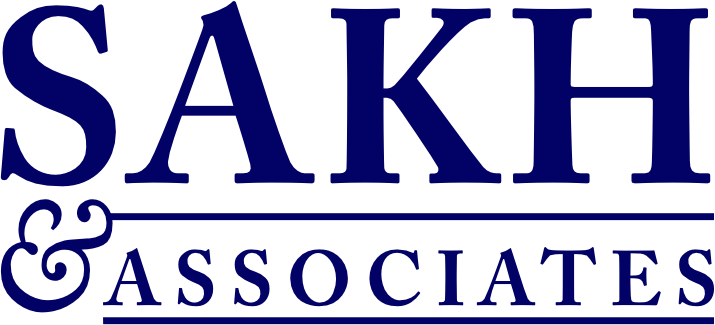Finance and HR Policy Handbooks
Finance and HR policy handbooks serve as the bedrock of any successful organization. They provide a clear framework for employee conduct, financial practices, and legal compliance, fostering a positive work environment and promoting efficient operations.
Benefits of Finance and HR Policy Handbooks:
- Clarity and Consistency:Handbooks ensure everyone is on the same page, minimizing confusion and promoting fair treatment for all employees.
- Reduced Legal Risks:Clearly defined policies help mitigate legal risks associated with discrimination, harassment, and other workplace issues.
- Improved Communication:Handbooks establish a clear communication channel between management and employees, addressing common questions and concerns.
- Enhanced Employee Morale:Knowing the expectations and procedures fosters a sense of security and trust, leading to higher employee morale and satisfaction.
- Streamlined Operations:Defined policies and procedures streamline daily operations, ensuring consistency and efficiency across departments.
What Do Finance and HR Policy Handbooks Typically Include?
- Company Overview:Mission statement, core values, and commitment to ethical practices.
- HR Policies:Recruitment and selection, performance management, compensation and benefits, leave policies, disciplinary procedures, and anti-discrimination guidelines.
- Finance Policies:Expense management, travel and entertainment guidelines, petty cash procedures, and financial reporting practices.
- Safety and Security Policies:Occupational health and safety regulations, emergency response procedures, and data security protocols.
- Conflict Resolution and Grievance Procedures:Clearly defined steps for resolving workplace conflicts and addressing employee grievances fairly.
How SAKH & Associates Can Help:
At SAKH & Associates, we understand the importance of comprehensive and well-defined policies for your organization. We offer a range of services to help you:
- Develop and implement customized handbooks:Tailored to your specific industry, company size, and culture.
- Ensure legal compliance:Updated according to the latest legal and regulatory requirements.
- Communicate policies effectively:User-friendly format with clear explanations and accessible language.
- Review and update existing handbooks:Regularly evaluate and adapt your policies to remain relevant.


